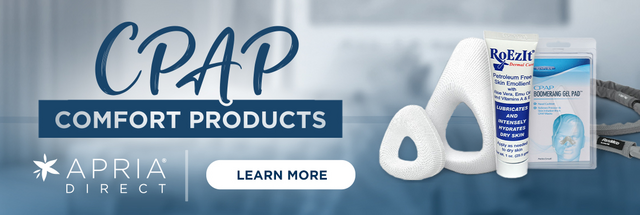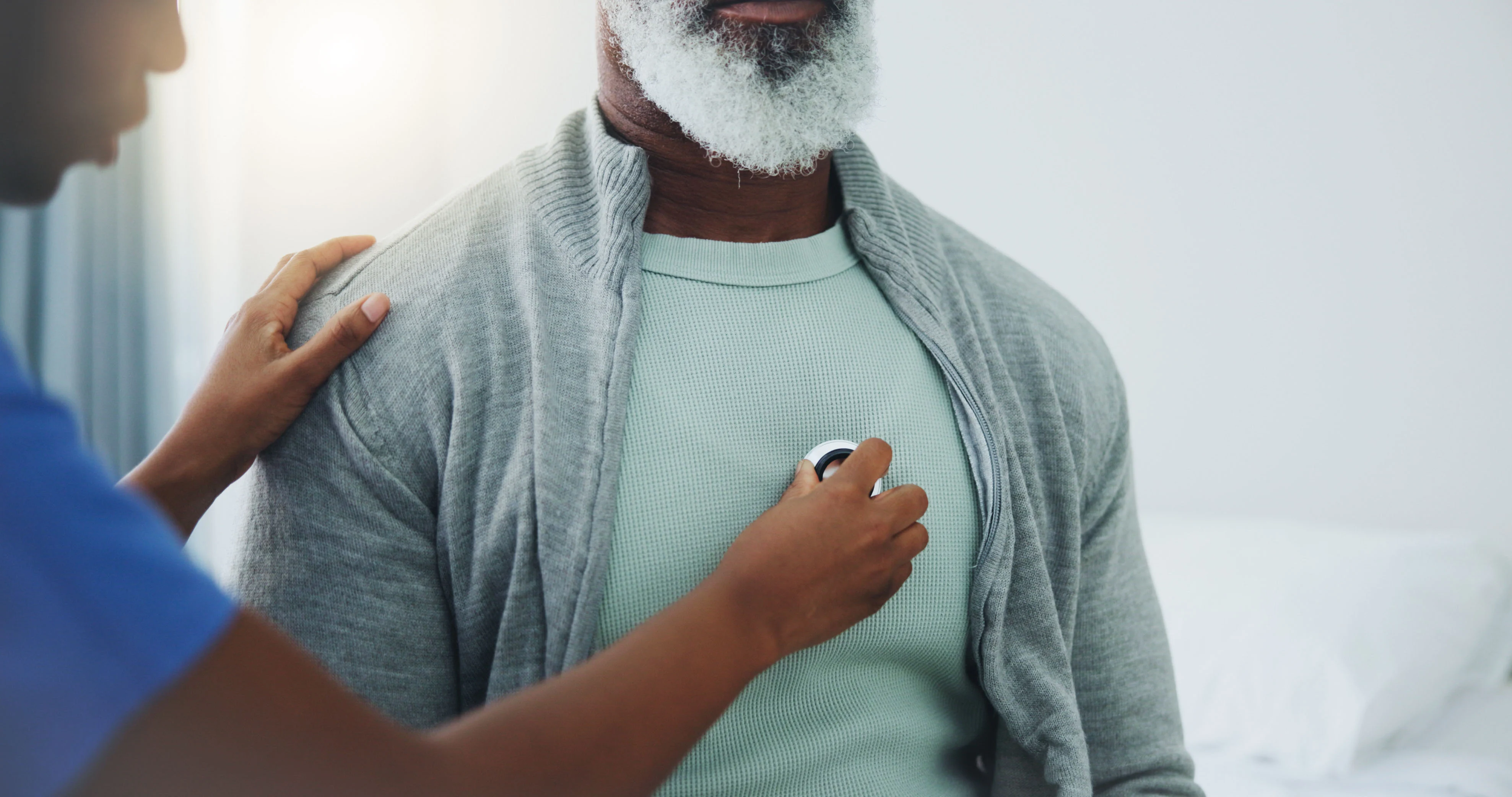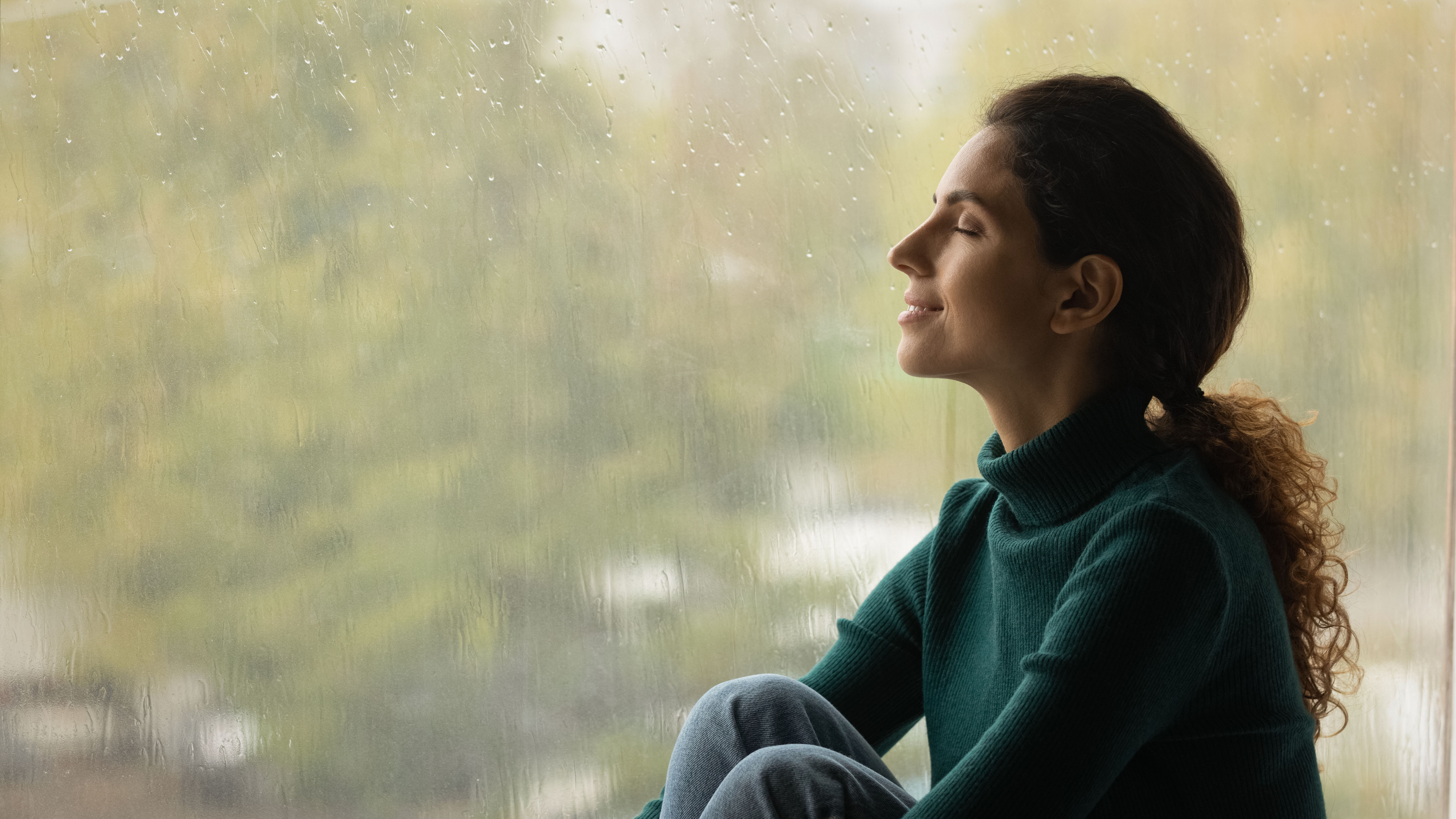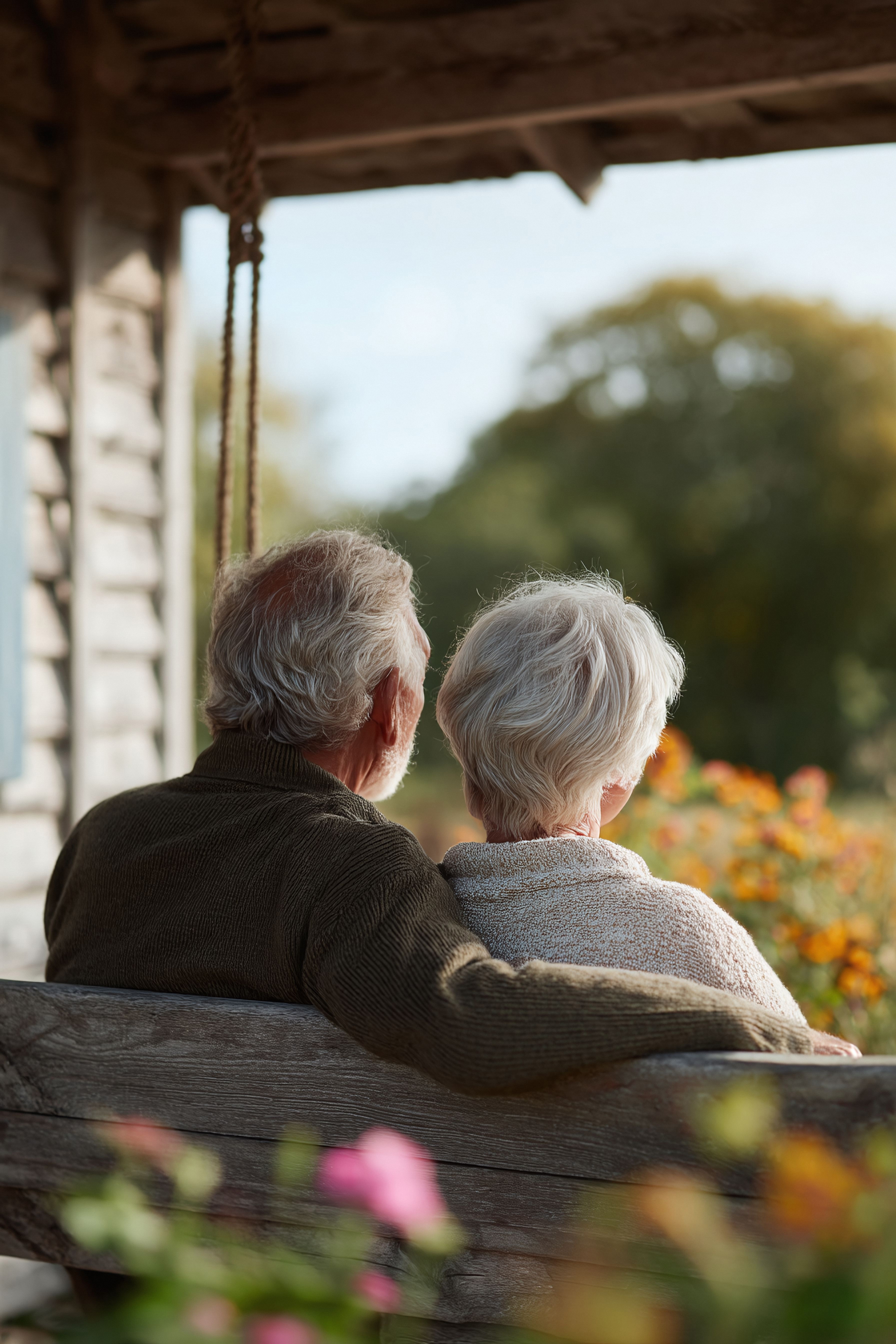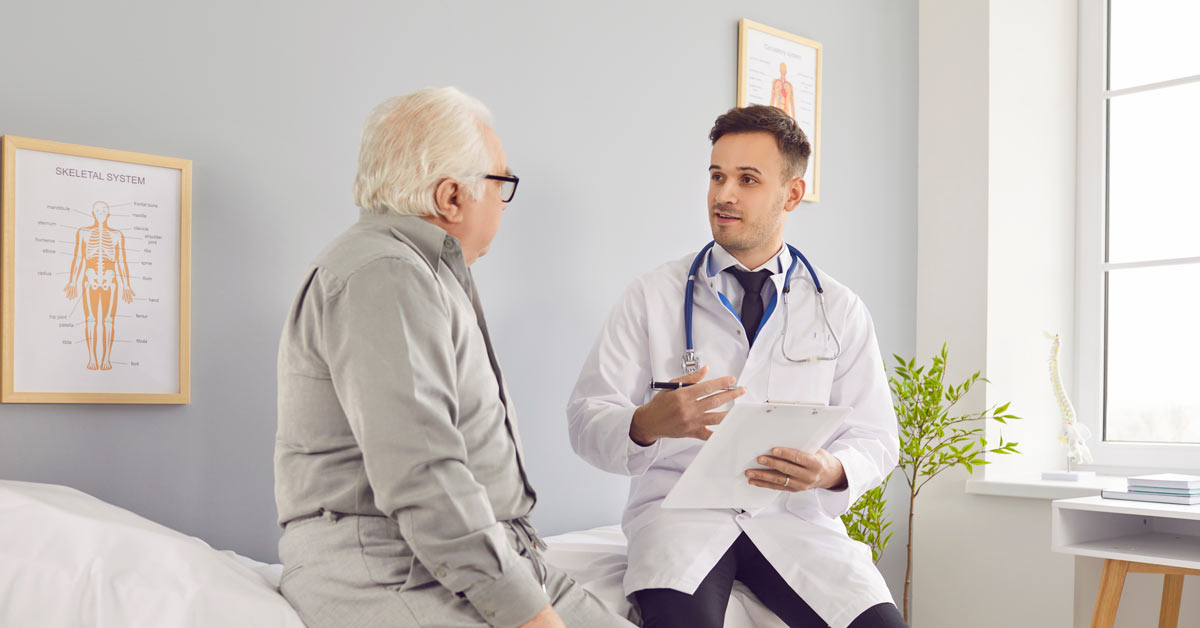What is Causing You to Wake Up Sweating in the Night, and Why?
Night sweats, or hyperhidrosis, can be complex, often leaving individuals puzzled about the underlying causes. In this blog post, we delve into the causes of night sweats and explore potential solutions to alleviate nighttime discomfort.
"While sweating is a natural reaction to regulate body temperature, excessive sweating during the night can disrupt sleep and indicate underlying health issues," says Robert Miller, Apria's Vice President of Sleep Business.
Differentiating Night Sweats from Simple Heat
Night sweats go beyond just feeling a bit warm under blankets. They involve heavy sweating significant enough to soak bedding or clothing, often waking individuals up drenched. In contrast, feeling hot during sleep may prompt one to kick off the covers and resume sleeping comfortably simply.
Common Causes of Night Sweats
1. Hormonal Changes: Night sweats often correlate with hormonal fluctuations, such as those experienced during perimenopause and menopause in women. Hot flashes and night sweats are prominent symptoms during this transitional period. Additionally, pregnancy can cause hormonal shifts, leading to night sweats in up to 30% of expecting mothers.
2. Medications: Certain medications can affect the body's regulation of temperature, leading to night sweats as a side effect. Antidepressants, hormone therapy drugs, nonsteroidal anti-inflammatory drugs (NSAIDs), beta-blockers, and antihistamines are among the medications known to encourage sweating.
3. Diabetes: Both type 1 and type 2 diabetics may experience sweating caused by fluctuating blood sugar levels. Low blood sugar triggers the nervous system to increase sweating, while insulin therapy to regulate high blood sugar can also cause sweating as sugar levels decrease.
4. Room Temperature: The ambient temperature of the sleeping environment significantly triggers night sweats. A room that is too warm can disrupt the body's natural cooling mechanisms, leading to an increased amount of sweating during sleep.
5. Sleep Apnea: Obstructive sleep apnea (OSA) is a common sleep disorder characterized by multiple pauses in breathing during sleep. It is common for those who have untreated OSA to report experiencing night sweats.
Addressing Night Sweats Associated with Sleep Apnea
Sleep apnea, particularly obstructive sleep apnea, significantly contributes to nocturnal sweating. When breathing pauses occur, the body releases stress hormones such as adrenaline and cortisol to signal to the body to resume typical breathing. This physiological response can lead to night sweats, elevated heart rate, and high blood pressure.
Treatment Options for Sleep Apnea and Night Sweats
Continuous Positive Airway Pressure (CPAP) therapy is the primary non-invasive treatment for obstructive sleep apnea. CPAP therapy prevents breathing pauses by delivering a continuous flow of air to keep the airway open during sleep. With CPAP allowing for uninterrupted breathing, the body then doesn't release stress hormones which are the contributing factors to night sweats.
Studies have shown that consistent use of CPAP therapy can significantly decrease the prevalence of night sweats in individuals with sleep apnea.
Night sweats can stem from various factors, including hormonal changes, medications, diabetes, room temperature, and sleep apnea. Identifying the underlying cause is essential for effective management. If you suspect that sleep apnea may contribute to your night sweats, consult a healthcare professional for evaluation and consider exploring CPAP therapy as a potential solution to improve your sleep quality and overall well-being. Remember, a restful night's sleep is essential for optimal health and vitality.
References
Bonavitacola, Julia. “Night Sweats Associated with Hypoxia in People with OSA.” AJMC, September 7, 2022. https://www.ajmc.com/view/night-sweats-associated-with-hypoxia-in-people-with-osa.
“Night Sweats Causes.” Mayo Clinic, January 20, 2024. https://www.mayoclinic.org/symptoms/night-sweats/basics/causes/sym-20050768.
“Night Sweats Linked to Undiagnosed Sleep Apnea.” ApneaMed, August 13, 2020. https://www.apneamed.org/blogs/info/night-sweats-linked-to-undiagnosed-sleep-apnea.
Principe, Aimee del. “Sleep Apnea, Night Sweats, and When to See a Doctor.” CPAP Supplies, June 16, 2022. https://cpapsupplies.com/blog/sleep-apnea-night-sweats-and-when-to-see-a-doctor#:~:text=In%20other%20words%2C%20consistent%20use,for%20continuous%20positive%20airway%20pressure.
LEGAL DISCLAIMER: Material in this newsletter is provided for general health education and informational purposes and to provide references to other resources only; it may not apply to you as an individual. While Apria Healthcare believes that the information provided through this communication is accurate and reliable, Apria Healthcare cannot and does not make any such guarantee. It is not intended to be a replacement for professional medical advice, evaluation, diagnosis, services or treatment (collectively, “medical treatment”). Please see your healthcare provider for medical treatment related to you and your specific health condition(s). Never disregard medical advice or delay seeking medical care because of something you have read on or accessed through this website. Reading this newsletter should not be construed to mean that you have a healthcare provider/patient relationship.

